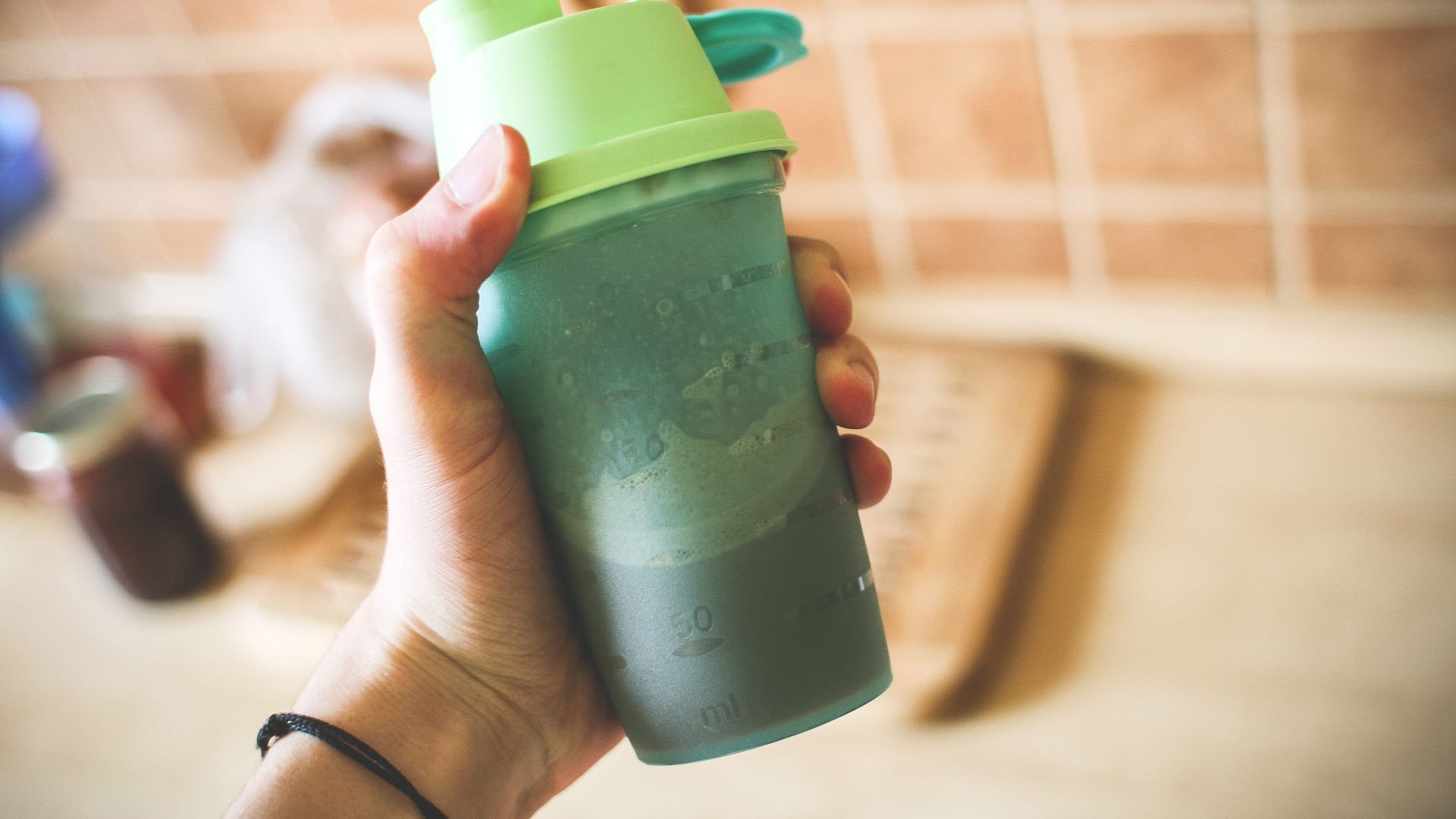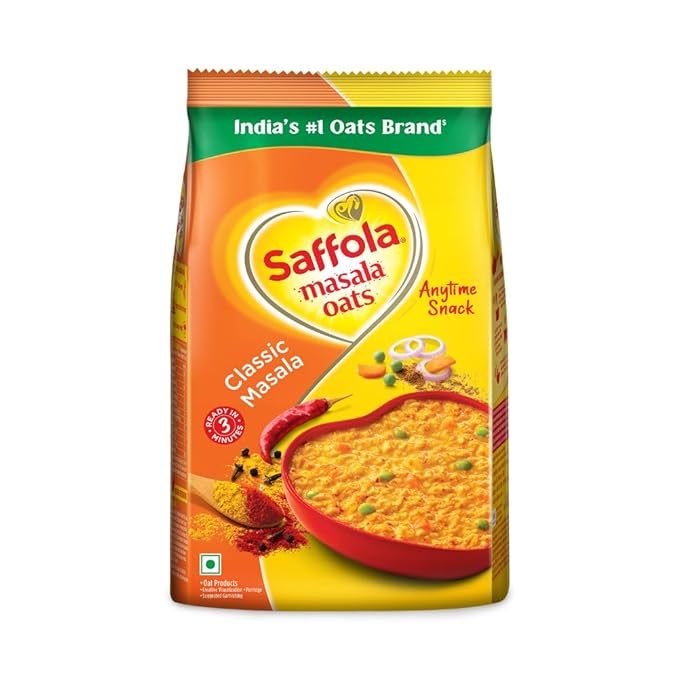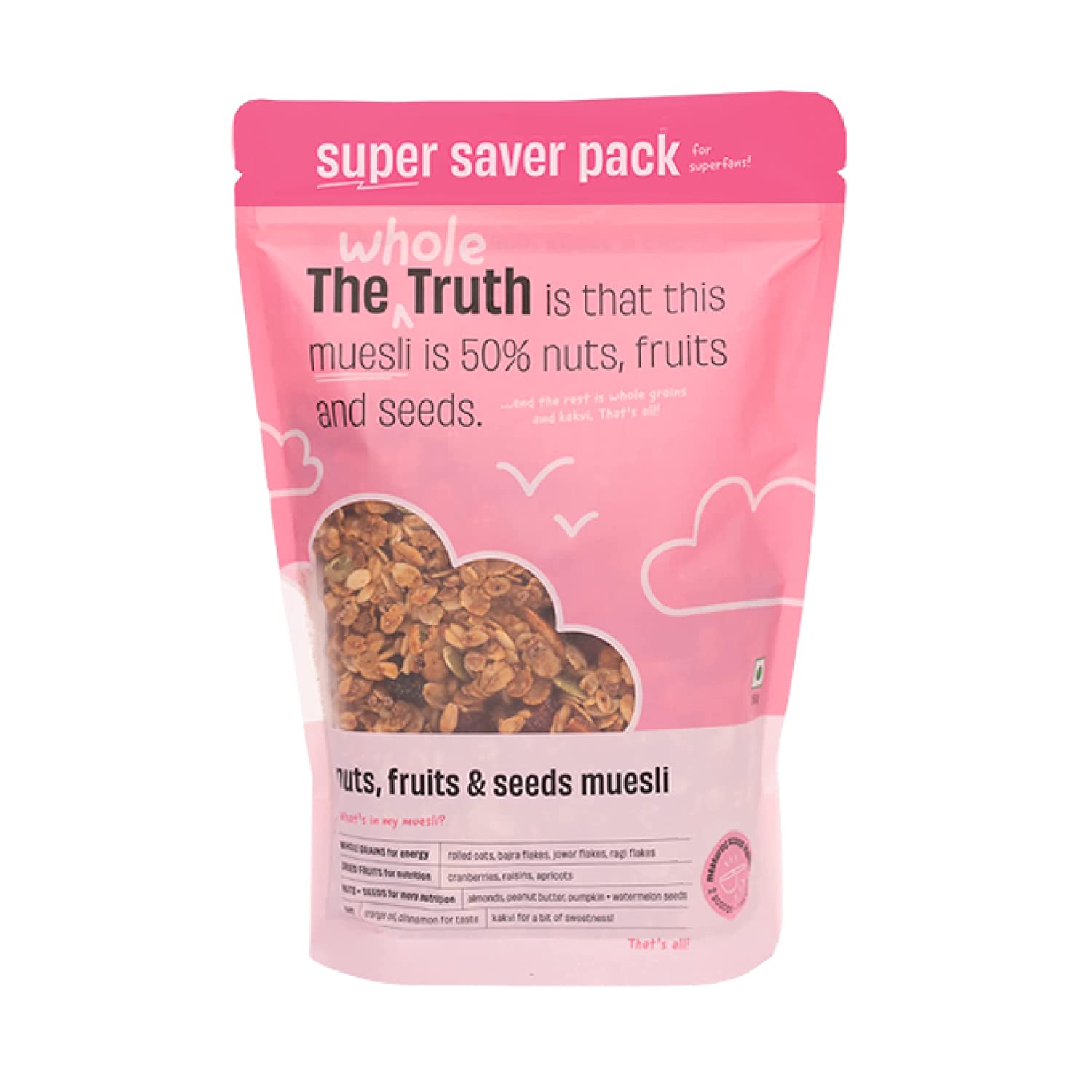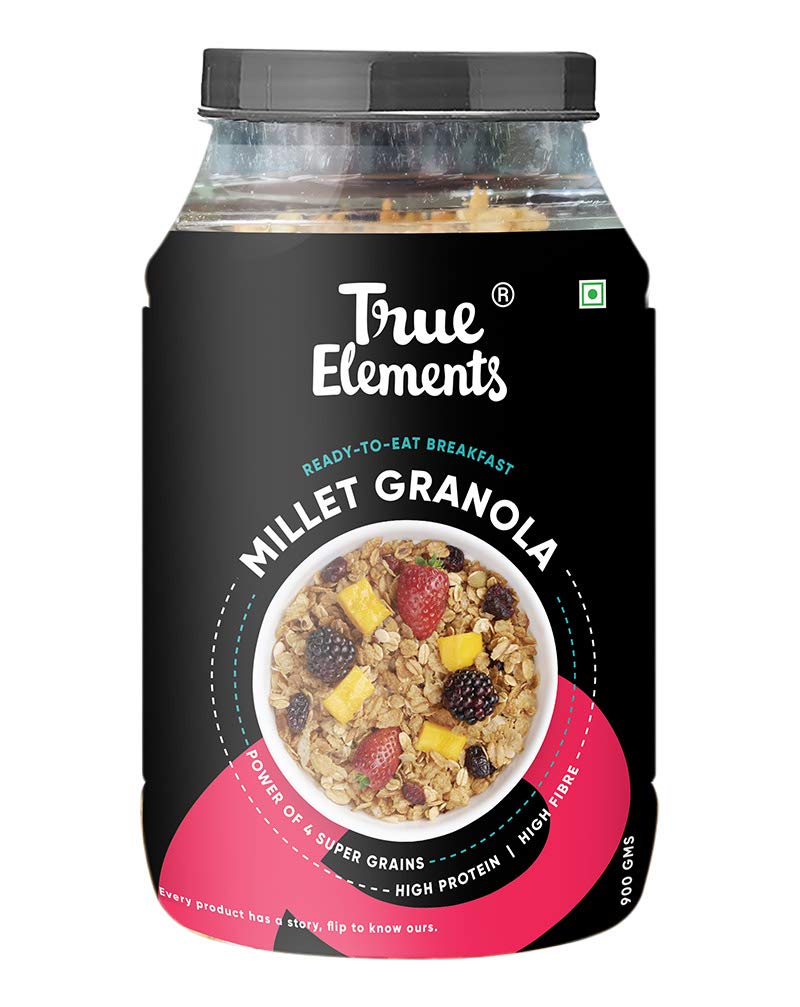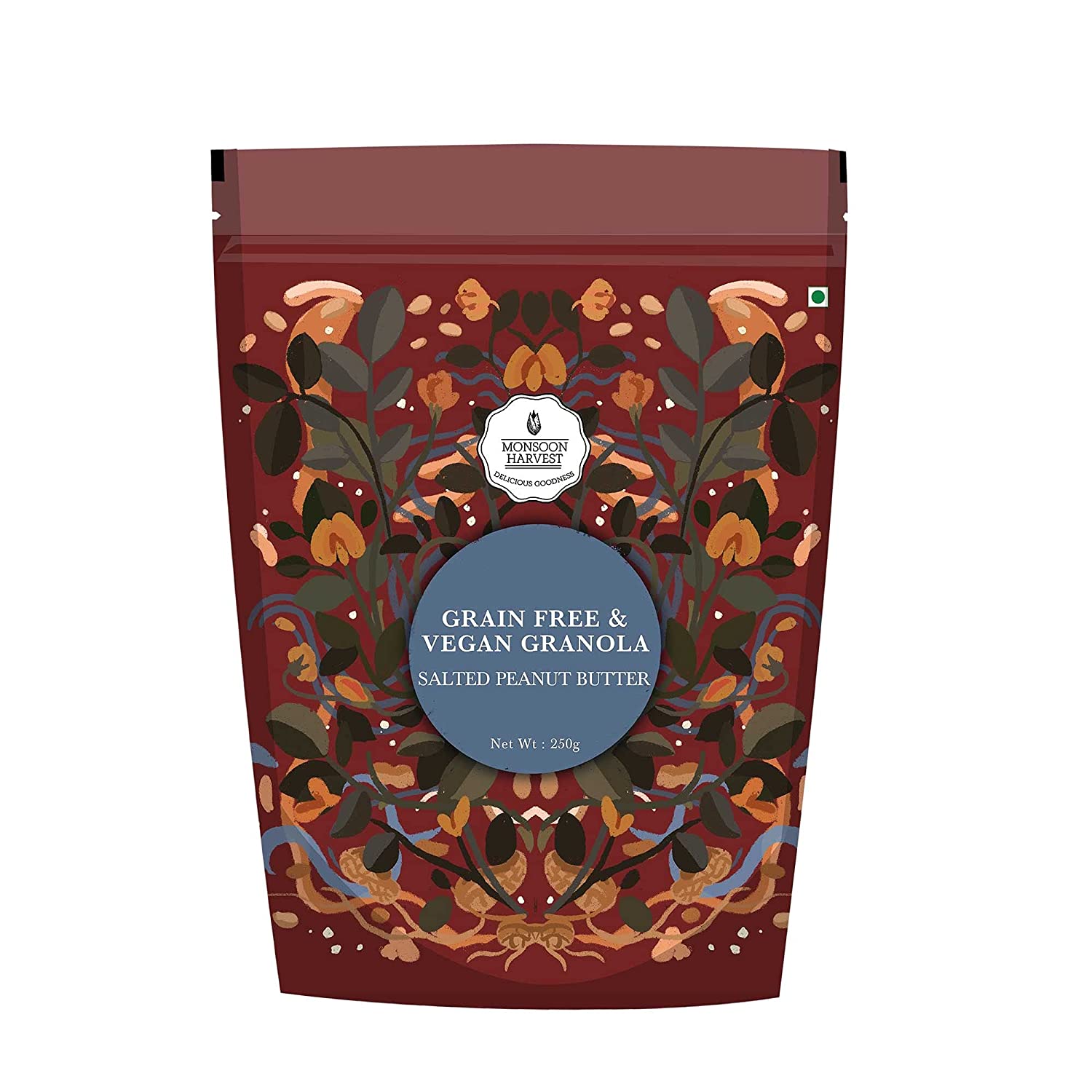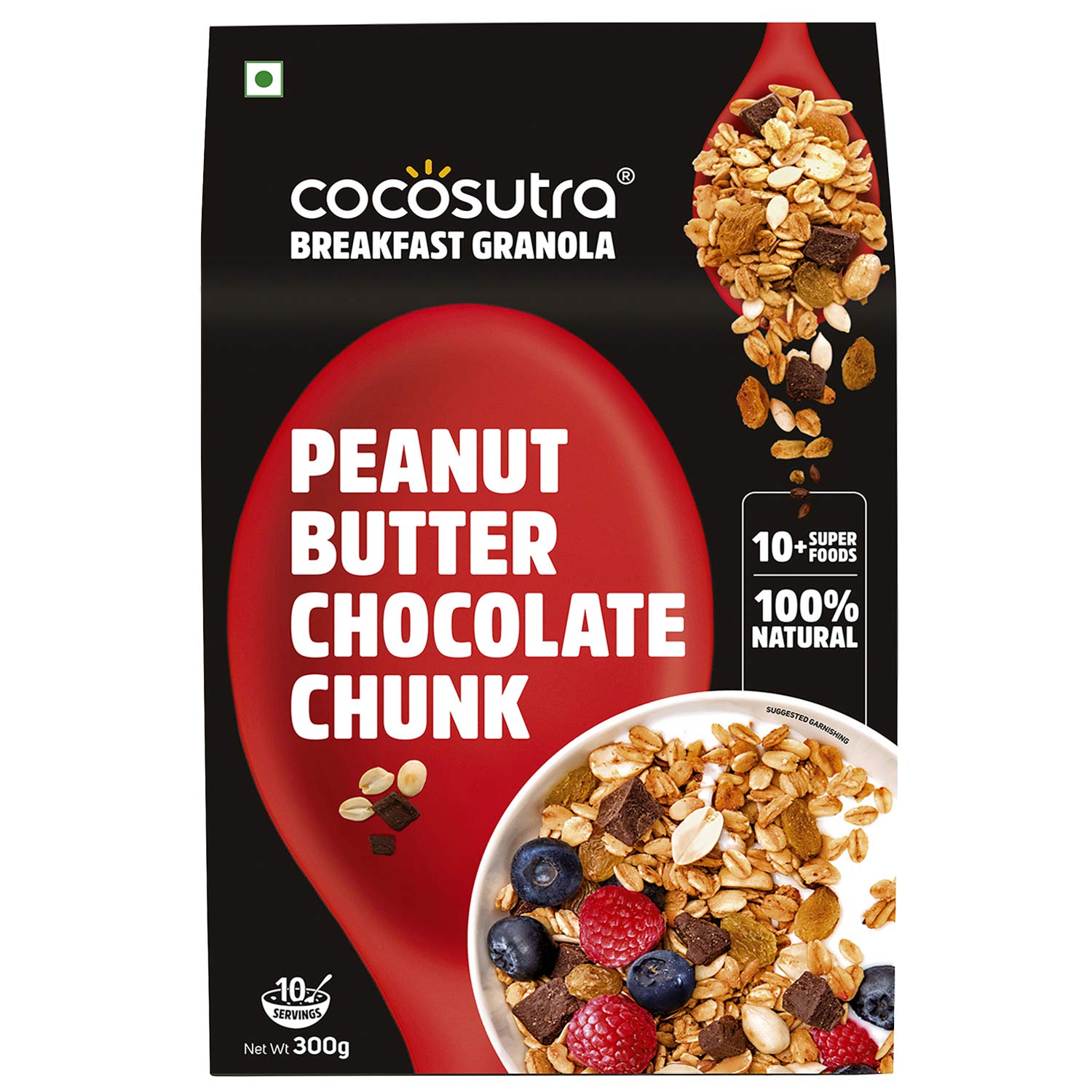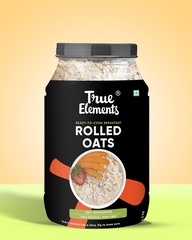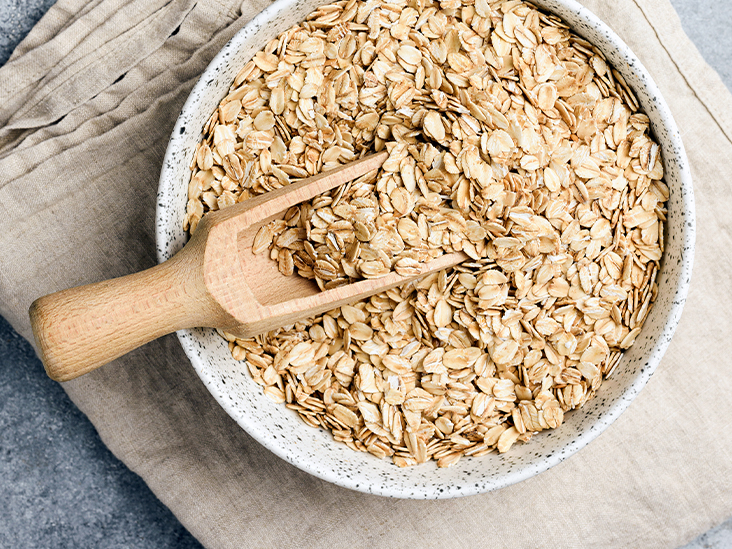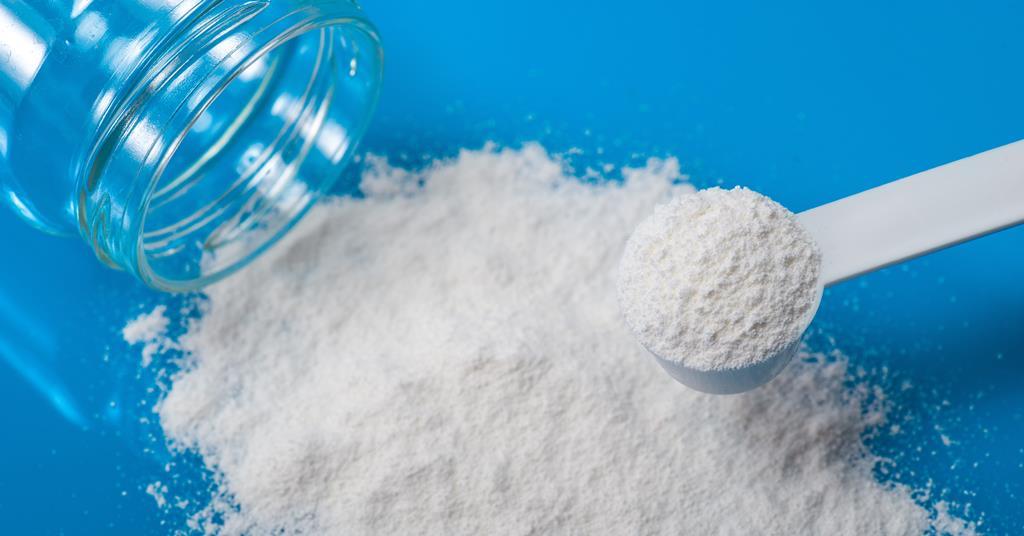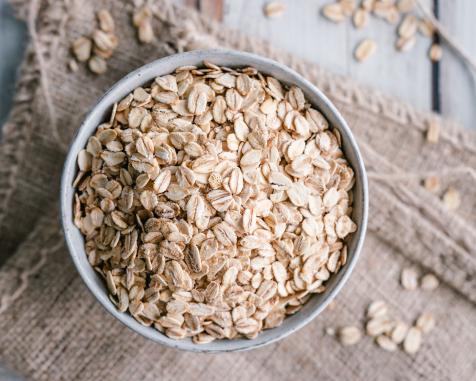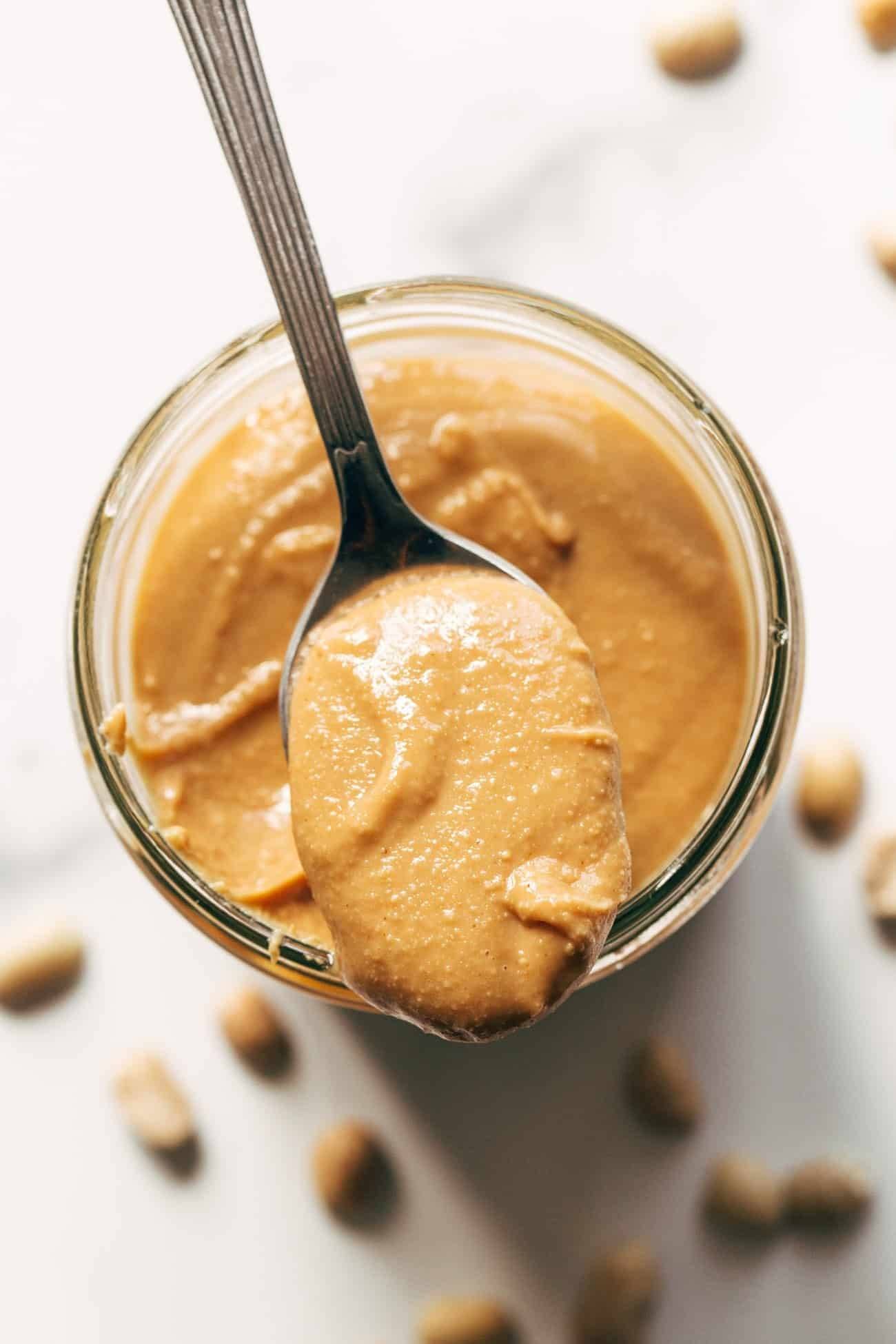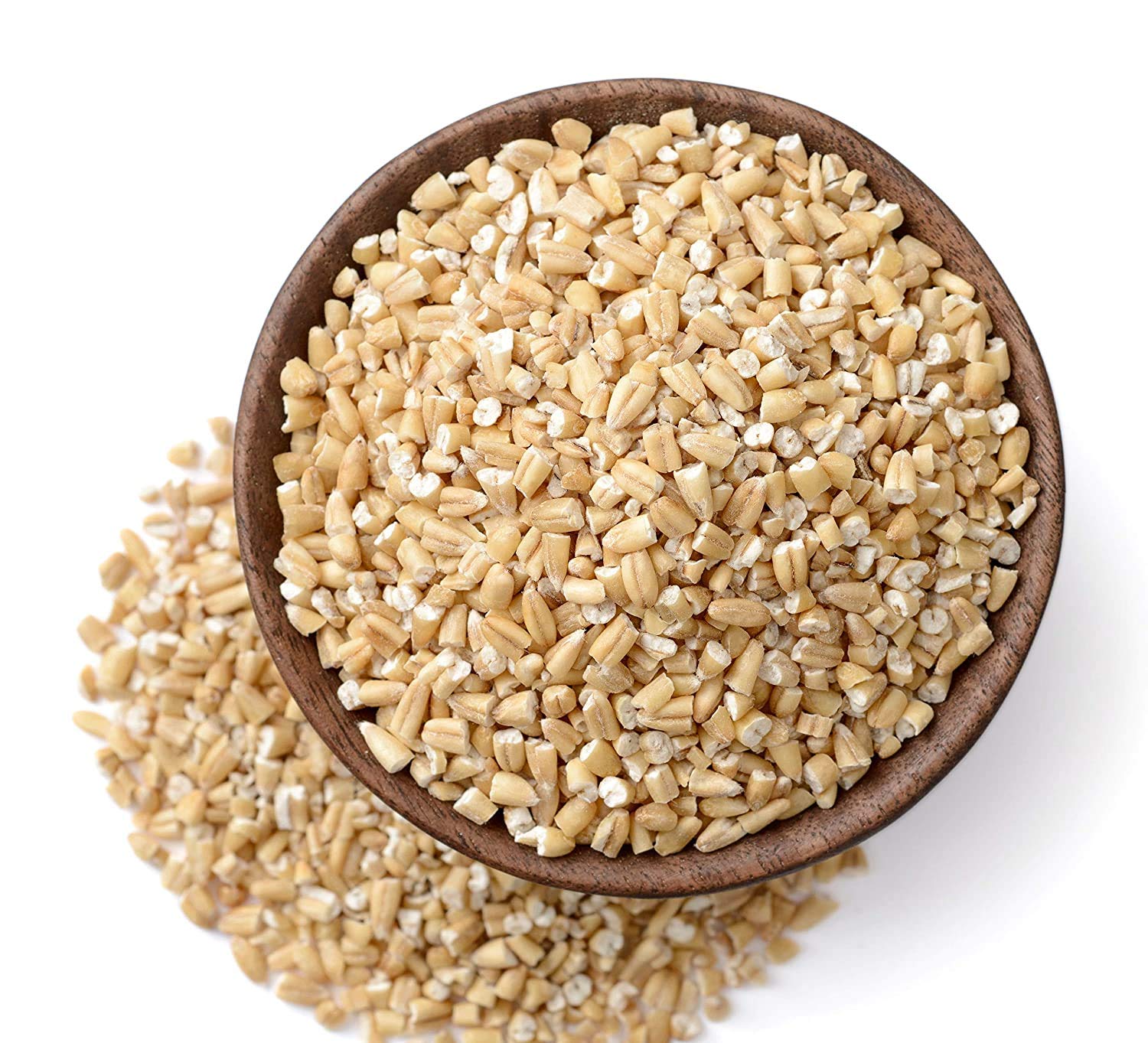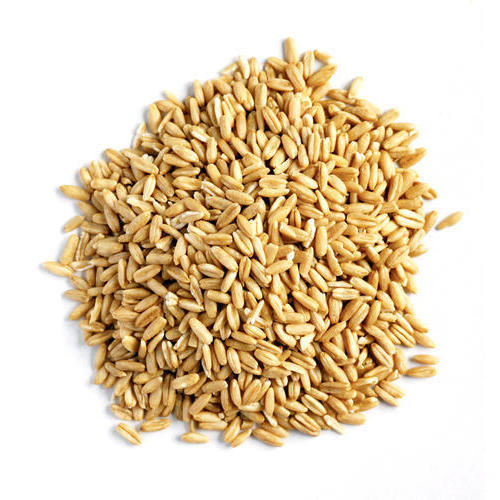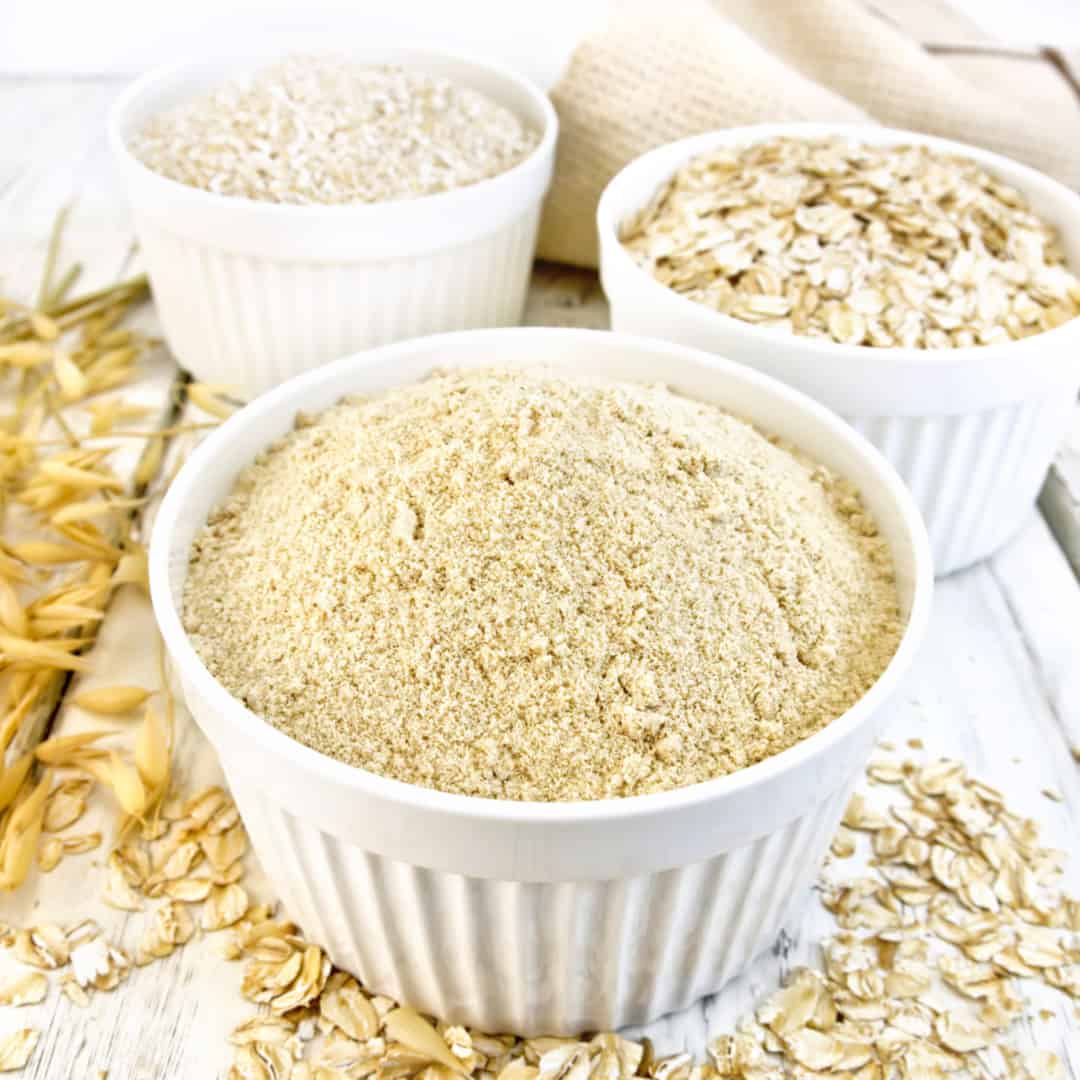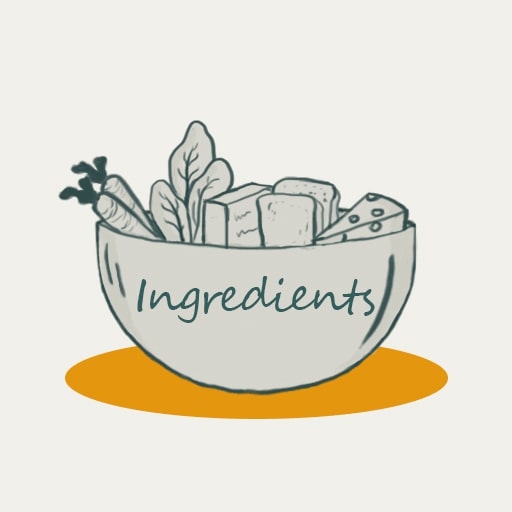Published Date January 24, 2003
Vegetarian Protein is Underrated
By Naurin Ansari
5 min read
Last update date: January 24, 2003
All about amino acids, Oats and vegetarians protein.
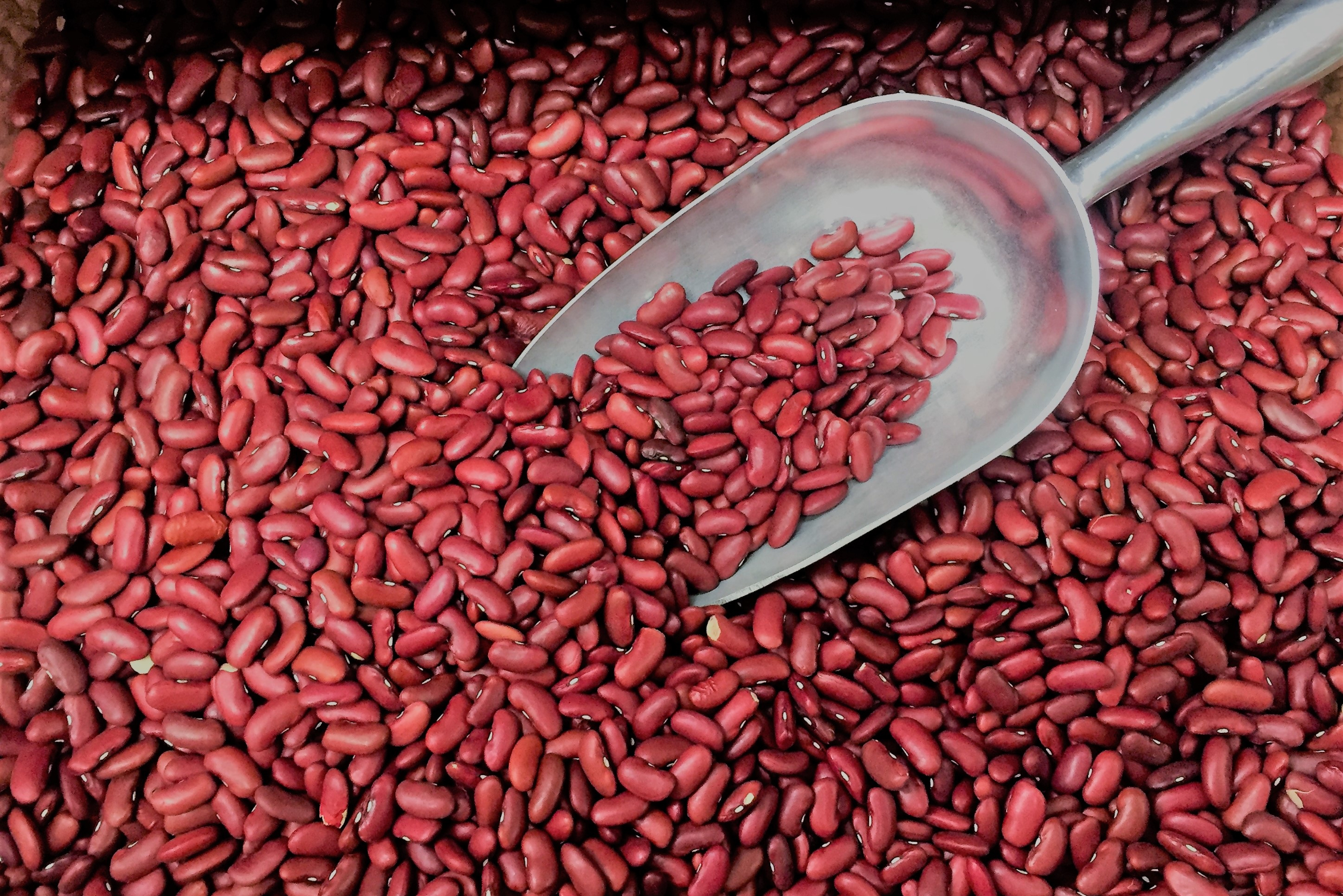
People believe that vegetarians do not get enough protein. It’s normal to believe this as we all have been brought up with the belief that only nonvegetarian sources of food are high in protein. However, that’s not true. It's easier than you might think to get plant-based protein. Let's take a closer look at what protein is and explore some sources of plant-based protein. [1]
What is protein?
Protein is present in bone, skin, hair, and every other part of your body. There are at least 10,000 different types of proteins that make you what you are and they work to keep you that way.
Protein is made up of more than twenty different basic building blocks called amino acids. As amino acids don’t get stored in the body, our bodies will make them in two different ways: either from scratch or by modifying other amino acids. The body makes hundreds of amino acids but can’t make the nine amino acids that are crucial for the body's various needs. [2] These are known as essential amino acids. The nine essential amino acids are histidine, isoleucine, leucine, lysine, methionine, phenylalanine, threonine, tryptophan, and valine. [3]
How much protein is needed?
According to the Indian Council of Medical Research (ICMR), India’s protein consumption is much lower than the recommended intake of 48 gms/day. The recommended dietary allowance of protein for an average Indian adult is considered 0.8 to 1 gm per kg body weight, but the average normal intake can be about 0.6 gm per kg body weight. [4]
Won’t the intake of protein change according to the lifestyle of people? According to the Recommended Dietary Allowances for Indians, 2020, men under sedentary, moderate, and heavy work should consume 54 grams of protein per day while women should consume 45.7 grams of protein per day. But for bodybuilders who do hardcore weight training, it is recommended up to 1.8g to 2g per kilogram of body weight every day. [5]
How do vegetarians get enough protein?
People believe that it’s hard for vegetarians to consume or fulfil their daily requirements of protein but that’s not true. Here are some protein-rich foods that vegetarians can consume to get enough protein.
Tofu, tempeh and edamame
These three originate from soybeans. They all contain calcium, iron, and 12-20 grams of protein per 100 grams of serving. Edamame is rich in vitamin K, folate, and fibre which helps to support digestion and regularity. On the other hand, tempeh contains B vitamins, probiotics, and minerals such as phosphorus and magnesium.
Oats and oatmeal
It is a delicious and easy way to add protein to your diet. 40 grams of dry oats provide approximately 5 grams of protein and 4 grams of fibre. They also contain phosphorus, folate, zinc, and magnesium.
Nuts, nut butter, and other seeds
28 grams of nuts contain approximately 5-7 grams of protein depending on the variety. Nuts and seeds, along with being a great source of protein, are also a great source of fibre and healthy fats along with calcium, magnesium, vitamin E, iron, selenium, and certain B vitamins. [6]
How do you make sure you have enough protein?
Plant proteins are considered healthier because of the complementary nutrients that come with them. All plant protein sources are rich in fibre when compared to animal protein sources (which essentially have no fibre). They are also lower in fat content and have zero cholesterol.
To make sure you consume enough protein, aim to have your daily intake of whole grains, vegetables, and legumes. Dairy products that are not plant-based, also provide a significant amount of protein and can also be a part of a balanced vegetarian diet that supplies the majority of the protein. Veggie meats or meat substitutes can be considered a great source of protein that can be added to your daily diet. [7]
Takeaway
There are several other vegetarian sources of protein like eggs, green vegetables, beans, soy products, and lentils. Give these following recipes a try to incorporate your daily protein intake. [8]
References
- https://www.cookinglight.com/eating-smart/nutrition-101/how-can-vegetarians-get-enough-protein
- https://my.clevelandclinic.org/health/articles/22243-amino-acids
- https://www.hsph.harvard.edu/nutritionsource/what-should-you-eat/protein/
- https://www.orfonline.org/expert-speak/indias-protein-deficiency-and-the-need-to-address-the-problem/#:~:text=India's%20protein%20consumption%20is%20much,gm%20per%20kg%20body%20weight.
- https://www.india.com/lifestyle/how-much-protein-do-you-need-in-a-day-2210519/
- https://www.healthline.com/nutrition/complete-protein-for-vegans#_noHeaderPrefixedContent
- https://www.downtoearth.org/articles/2010-03/1374/great-protein-myth
- https://share.upmc.com/2019/01/protein-for-vegetarians/
Keep reading

Why is Parmesan cheese considered non-vegetarian?
The reason why parmesan is non-vegetarian is “Rennet”. Rennet comes from an organic substance that contains an enzyme called renin.
By Naurin Ansari

Is Coffee Dehydrating?
All about caffeine, Coffee and dehydration.
By Arpita Sudev

Forgetfulness is not always a disease
Alzheimer’s disease is the most familiar type of Dementia. This progressive disease usually begins with mild loss of ....
By Hetvi Shah

‘Too much sugar’ is surely a thing…
All about weight gain, fatigue, blood pressure and sugar.
By Naurin Ansari
Related Items
Choose Healthy With Us.
Know the real truth about your food. Stay informed and healthy, for free.
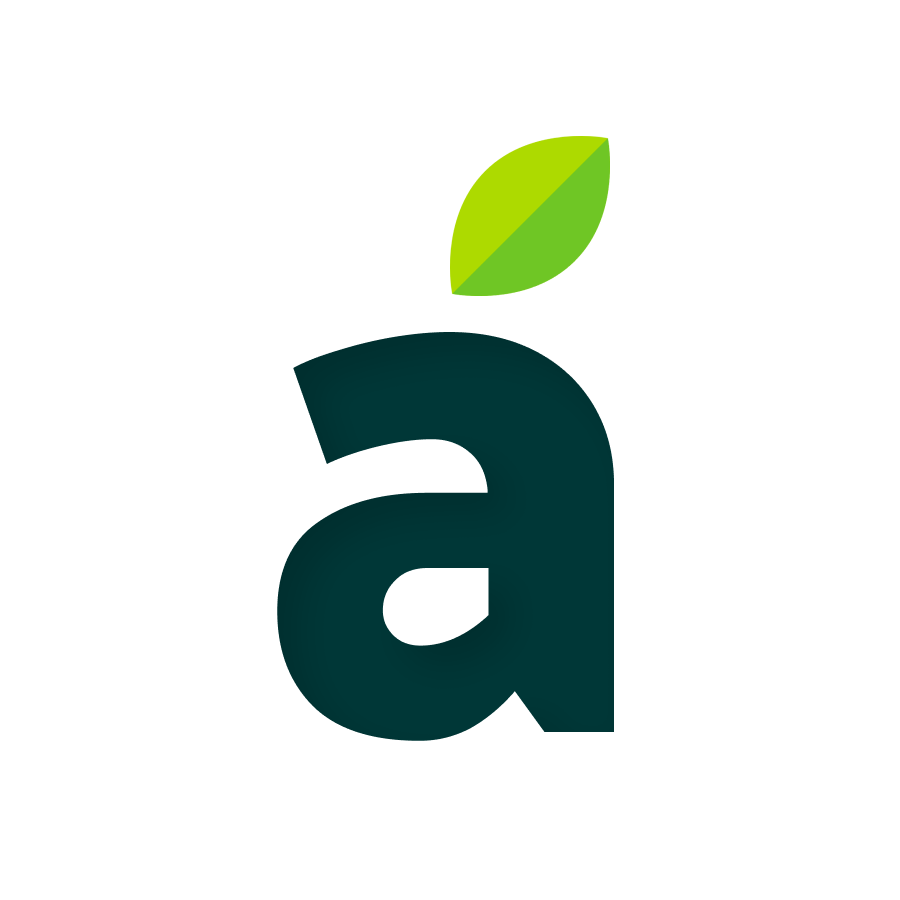
Download the App Now
Certified nutritionists trust our food recommendations. Safe to say, so can you :)




